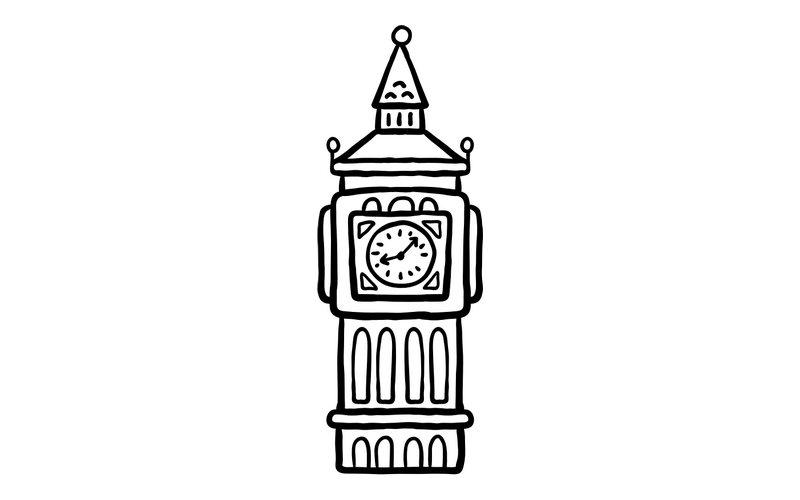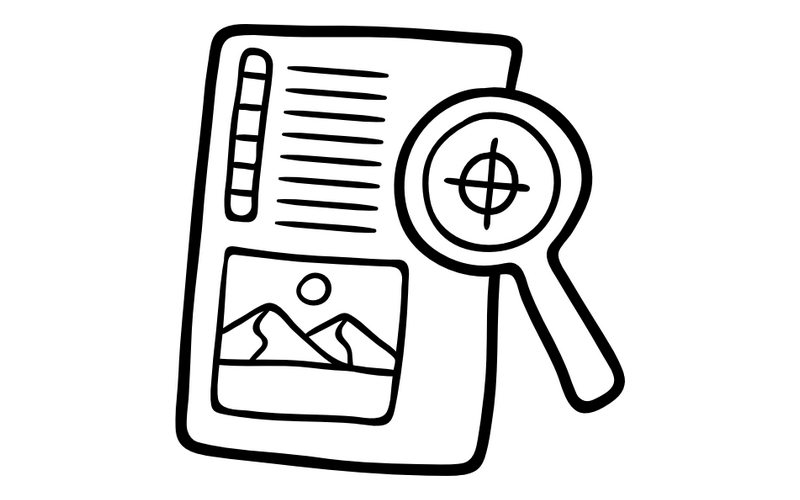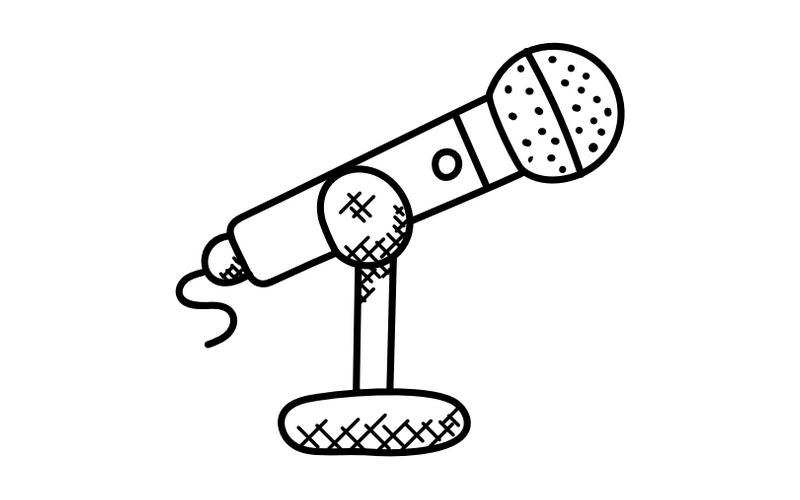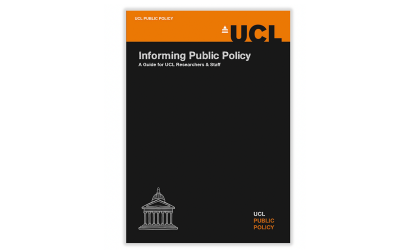Evaluating public policy engagement and impact
Whilst evaluation is likely to remain an imperfect process, there are some relatively simple ways to capture some of the value of engagement and impact activity. These are suggests some of the things you may wish to consider when evaluating your own activity or when inviting views from stakeholders.
Opening questions
In order to evaluate your activity, you’ll need a clear and realistic sense of what you are hoping to get out of public policy engagement. The more specific you can be, the easier it will be to evaluate.
It may help to start by answering the following questions:
- What are you aiming to achieve?
- How are you planning to achieve it?
- How will you know if you have succeeded?
Possible evaluation methods
The UCL Public Engagement Unit has provided extensive guidance on possible evaluation methods (much of which is highly relevant to policy engagement). It is likely that much evaluation of public policy engagement and impact will be qualitative and done largely through accounts of activity, relying on testimonials and feedback.
The most useful methods could include:
- questionnaires
- interviews
- focus groups
- personal logs and reports of activity
You may also want to think about what indicators can help you to evaluate the success of your public policy engagement or impact, such as:
- citations in policy documents or reports
- website visit and usage statistics
- download statistics of policy-focused documents or other resources
- readership of blogs or newsletters
- number of attendees or participants at events or meetings
- invitations to speak at policy events
Useful impact evaluation questions
It may be useful to ask yourself questions such as:
- How far do you feel you met your original aims?
- Did you form any new contacts or relationships with policy stakeholders?
- Have any existing stakeholder relationships been strengthened?
- Have you created additional capacity for public policy engagement?
- Have you created additional policy knowledge?
- Was research successfully communicated to policy stakeholders?
More information
- UKRI’s guidelines on evaluation
- REF impact case studies database – ‘political’ impact case studies
- Digital Science report on economic and social impact of research
- UK Collaborative on Development • Research paper on evaluating research impact
- UCL’s Equality, Diversity & Inclusion Training
See more how-to guides
 Close
Close








